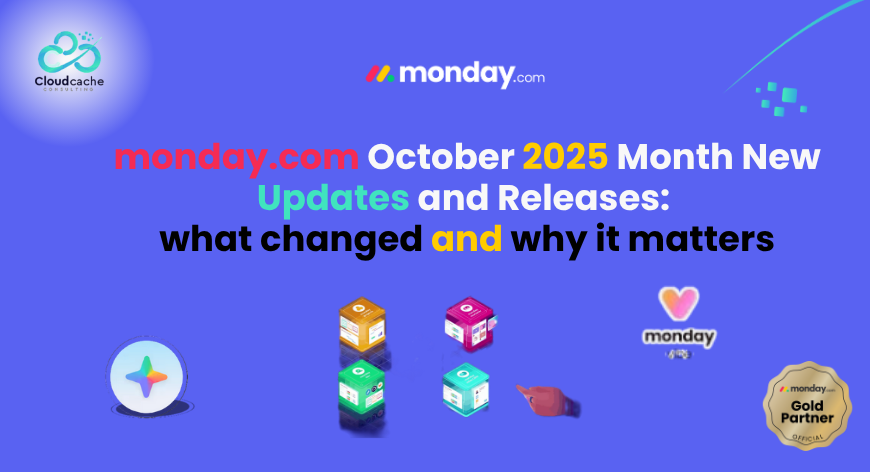
monday.com October 2025 Month New Updates and Releases : what changed and why it matters
October month updates show monday.com moving from “work OS” to an AI-augmented platform where building, automation and integration are treated as first-class, governed capabilities. For organizations that treat internal apps as strategic assets, these updates materially shorten delivery time while also raising the bar for integration hygiene and governance.
October 2025 brims on two clear priorities: AI-powered automation, and making integrations more predictable and developer-friendly.
monday.com October 2025 Month New Updates
Here is a rundown of this month’s top updates.
AI-first building: Monday Vibe and connected AI agents
The headliner for October is the continued rollout and maturation of monday Vibe — an AI-driven no-code app builder that turns written prompts into functioning monday apps. Vibe is designed to let product owners and power users sketch requirements in natural language and get back a secure, consistent app scaffold (boards, fields, automations and UI) that they can refine.
Closely related: monday opened deeper ways to connect AI agents and third-party apps to act on monday as the system of record — for example, agents that can read a board, assign tasks, post updates, or summarize work. That connection model is being promoted as a way to automate routine flows while keeping governance over who/what can change project data.
Why it matters: teams can radically shorten the app delivery loop — non-technical PMs and ops leads can prototype internal apps in minutes instead of weeks, while central IT still retains policy controls.
New product features
Several UX and workflow improvements shipped that help day-to-day productivity:
- AI form building: forms can be auto-generated or enhanced with AI prompts, which speeds data capture and improves field mappings. This makes intake flows (HR, sales lead capture, support requests) quicker to deploy.
- Activity log undo / better audit UX: admins and power users get a more forgiving activity trail — undo options for recent actions reduce accidental mistakes and lower friction for collaborative editing. This is a small but high-value quality-of-life improvement for heavy board users.
- Enhanced document search & content discovery: The document / file search experience was improved so teams can find attachments and context faster across boards and workspaces. For distributed teams that rely on attached specs and client docs, this shortens lookup time.
- New workflow triggers and automations: monday expanded the catalog of workflow triggers (useful for integrations and orchestration) — more event types mean less custom coding for common business triggers. Integrations like call logging or third-party actions can be wired up more directly.
- Monday sidekick on Mobile: monday sidekick is now available on mobile as well , although it's still in beta phase.
- Monday crm enhancements: monday crm also got some new updates specially in quoting and invoicing frameworks, making them much smarter.
Why it matters: these add up — the “small” UX improvements reduce wasted time, while richer triggers let operations teams create robust automations without complex middleware.
Developer & API investments — aggregate object and apps framework updates
On the developer side, October brought important API-level changes: monday introduced a new aggregate object (documented in the developer changelog) that lets apps and integrations query grouped/aggregated board data more efficiently. For analytics-heavy apps or dashboards, fetching aggregated metrics server-side reduces query complexity and data movement.
The Apps Framework and API changelogs show monday continuing a versioned roadmap (with 2025-10 noted as an active point of change), indicating stability for integrators who depend on specific API behaviors while still getting new capabilities. That matters for ISVs and internal engineering teams that build repeated integrations.
Why it matters: better aggregation + stable API versions = cheaper, faster integrations and more predictable performance for reporting apps and middleware.
Ecosystem & partner moves that shape adoption
October also reflected strategic go-to-market moves: monday expanded partner specializations around AI and services, enabling partners to certify and be discoverable for AI projects and managed services. That’s an important signal — enterprise buyers will have more partner options for AI enablement, and vendors (and consultancies) can now differentiate with AI-specific credentials.
Third-party partners likewise deepened integrations (for instance, telephony and call-insights integrations surfaced natively in monday boards), which shows the platform is prioritizing operational integrations as first-class experiences.
Practical impact & adoption guidance (for product managers & implementers)
If you’re planning an October→Q4 rollout for clients, here’s a pragmatic checklist based on the releases:
Run a pilot with non-technical power users for Vibe — pick one low-risk app (expense intake, simple CRM, or onboarding checklist). Capture the prompts used so you can reproducibly refine Vibe outputs.
Revisit automations and audit policies — with new triggers and AI agents able to act, make sure role-based permissions and approval gates are enforced so agents don’t produce unintended changes.
Update integration contracts to use the aggregate object — if you maintain reporting adapters or ETL jobs, switch heavy queries to the new aggregation endpoints to reduce load and simplify logic.
Engage a certified partner for enterprise AI projects — they’ll help with model governance, prompt engineering and secure deployment. The partner program changes make it easier to find qualified vendors.
Final words
October’s releases show monday.com moving from “work OS” to an AI-augmented platform where building, automation and integration are treated as first-class, governed capabilities. For organizations that treat internal apps as strategic assets, these updates materially shorten delivery time while also raising the bar for integration hygiene and governance.
CloudCache Consulting helps organisations turn platform change into real business outcomes. If you want a low-risk pilot (we typically start with a single use case such as expense intake, onboarding, or a simple PM app), governance and role-based automation policies, or end-to-end integration work that uses the new aggregation APIs, we can help — from prompt design for monday Vibe to secure agent rollout and staff enablement. We combine Monday.com implementation experience with practical change management so teams can move faster while staying in control. You can view our other clients’ reviews on Upwork.
October 2025 Update FAQs: What’s New This Month?
What new features did monday.com release in October 2025?
monday.com introduced
- AI-powered app creation with monday Vibe,
- enhanced document search,
- activity log undo, smarter workflow triggers, and
- improved developer tools
all focused on faster, more secure collaboration.
What are monday.com updates for automation and workflows this month?
New workflow triggers, simplified automation setup, and better audit controls help teams streamline repetitive tasks and maintain governance without complex coding.
What changed with monday AI in October?
AI got smarter with monday Vibe, letting users build entire apps from simple prompts while ensuring secure deployment within the monday.com workspace.
Were there API enhancements for builders?
Yes. monday.com introduced a new aggregate object for efficient data grouping and stable API versioning, making integrations faster and more reliable.
How does CloudCache Consulting help businesses deploy these new monday.com features?
CloudCache Consulting helps organizations adopt the latest monday.com updates — from configuring monday Vibe and automation workflows to integrating APIs and training teams for smoother operations with its consulting services.
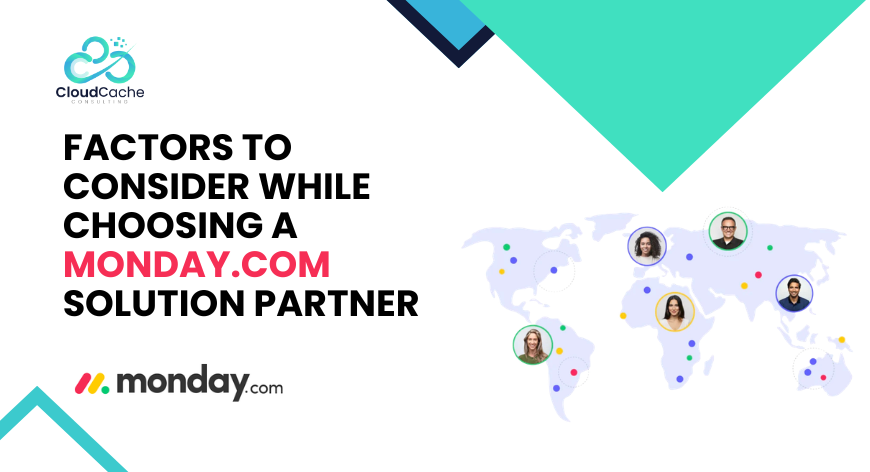
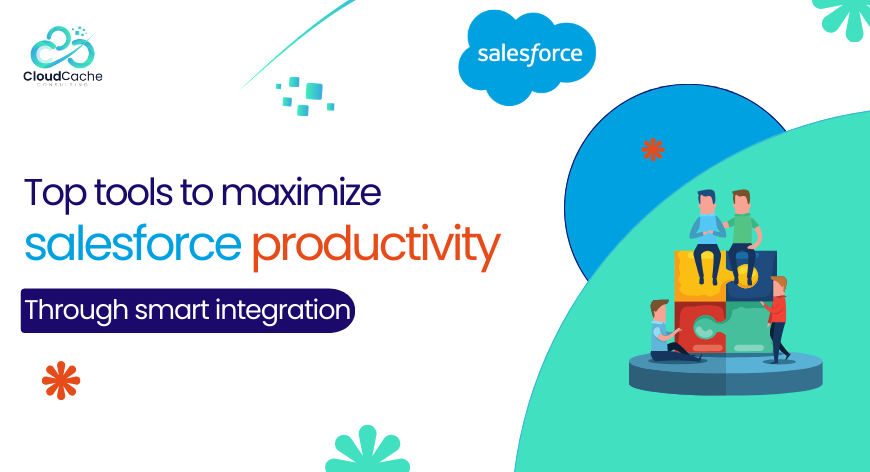
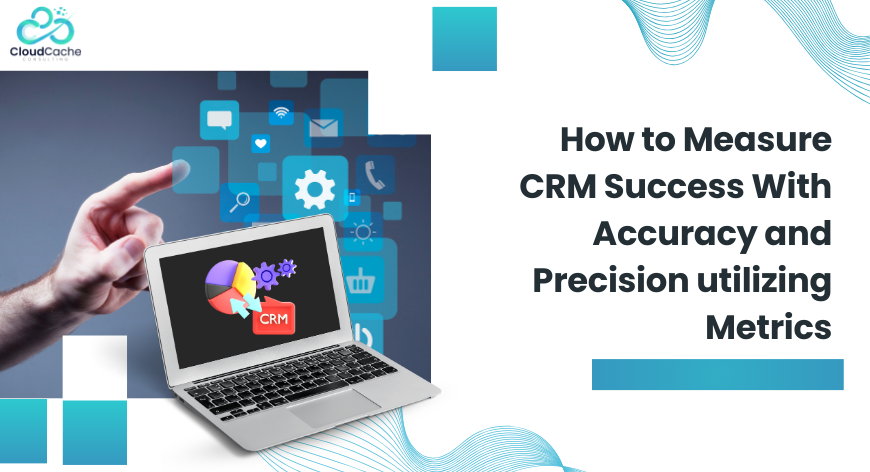
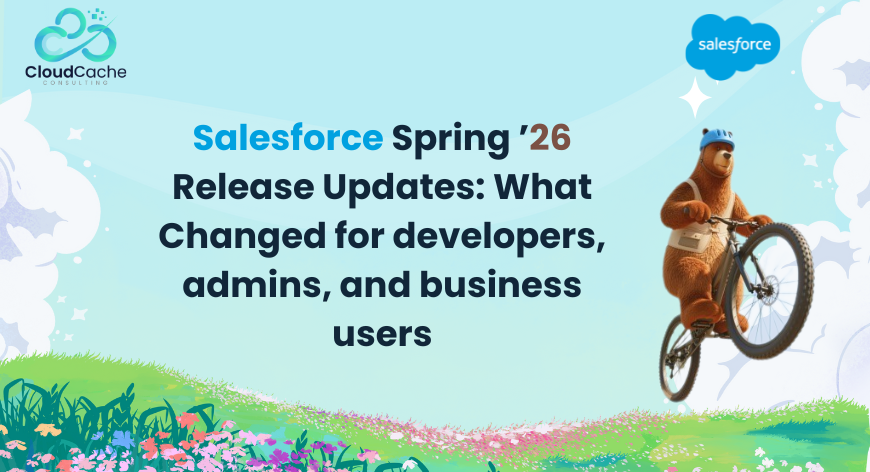

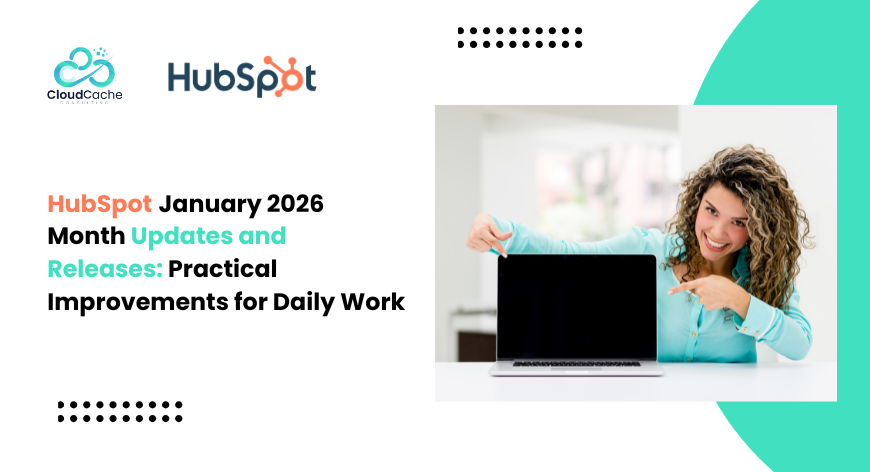
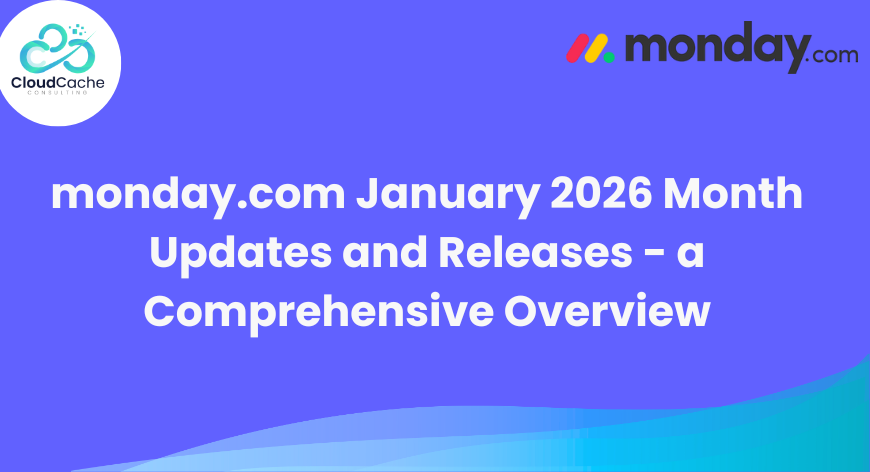

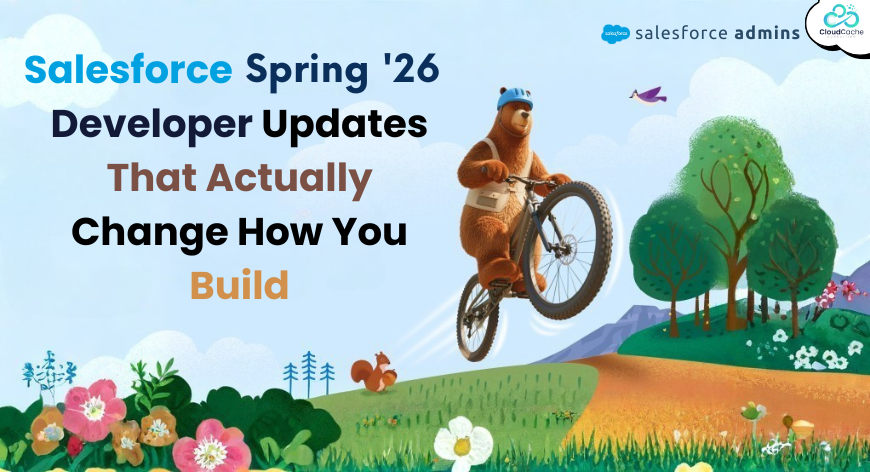
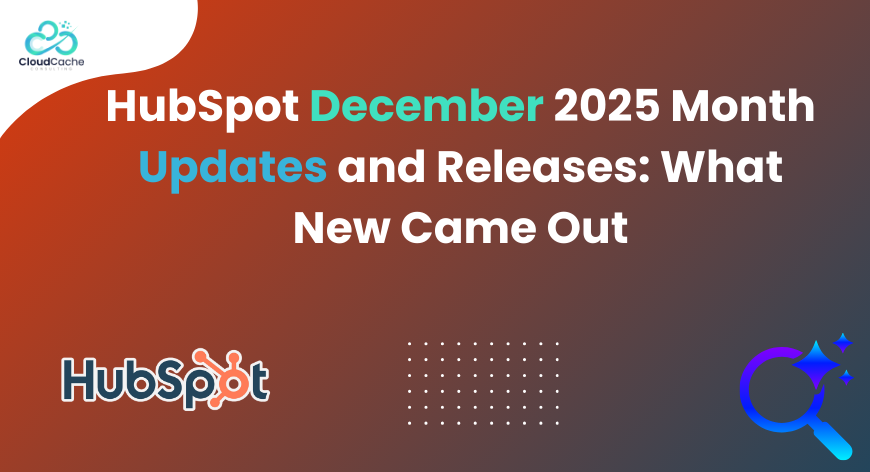

Leave a Reply
Your email address will not be published.